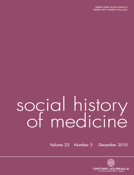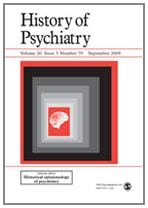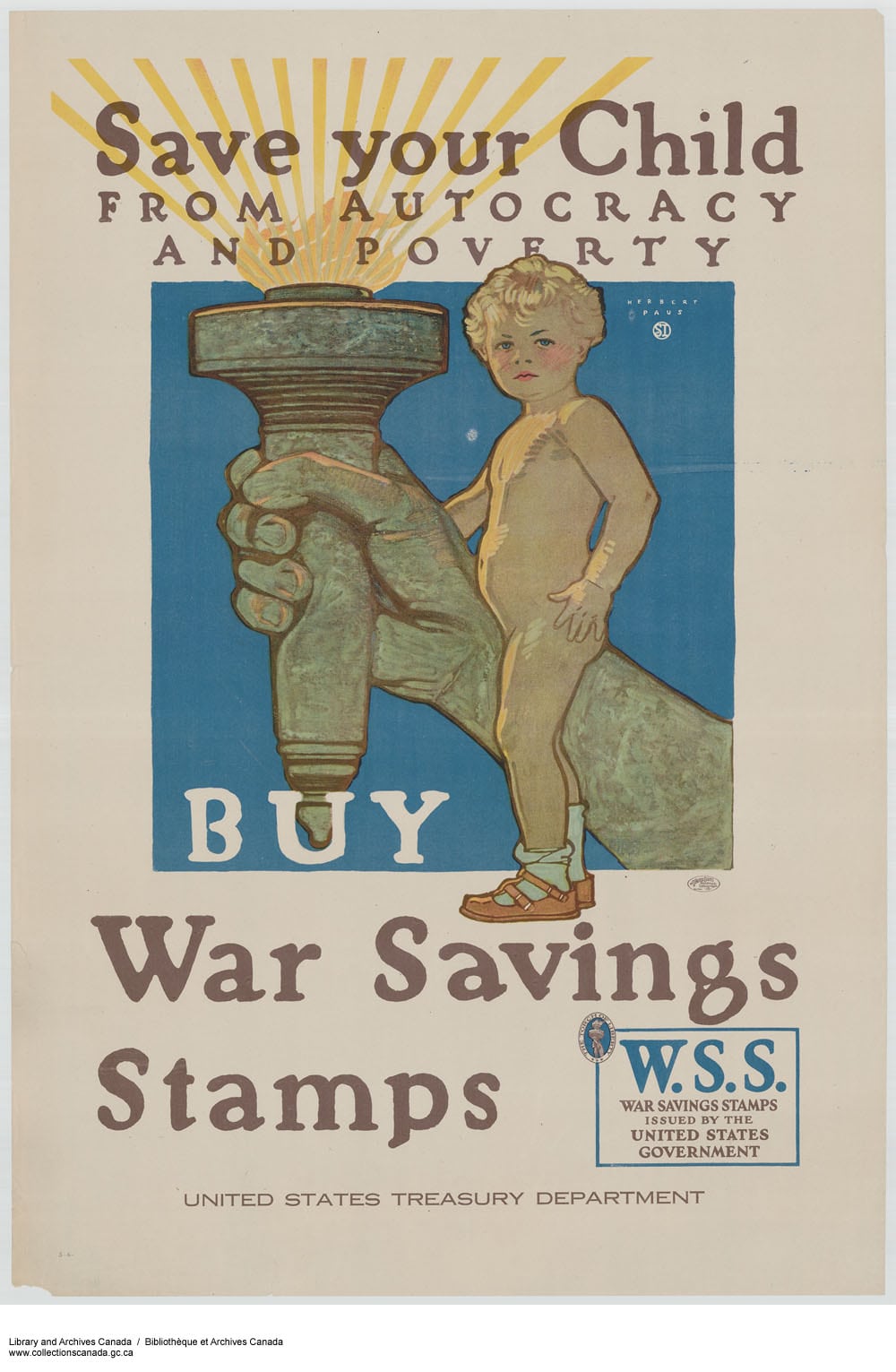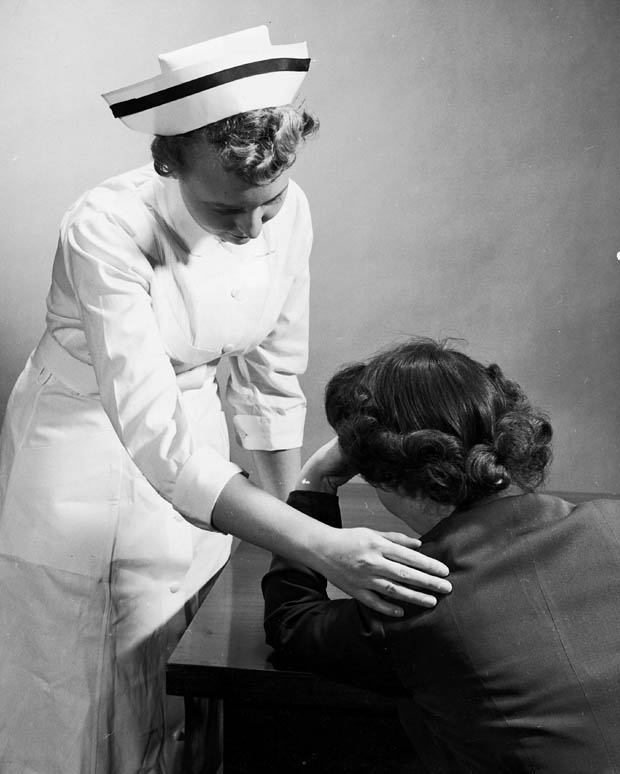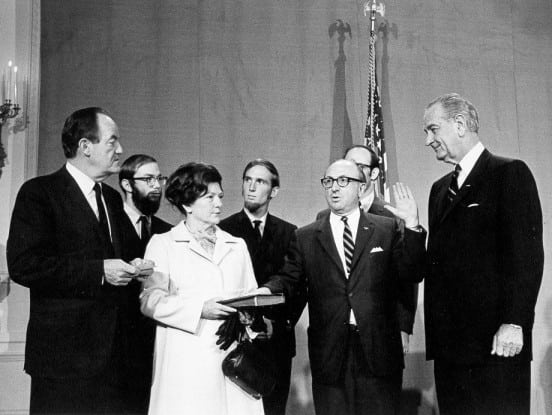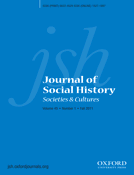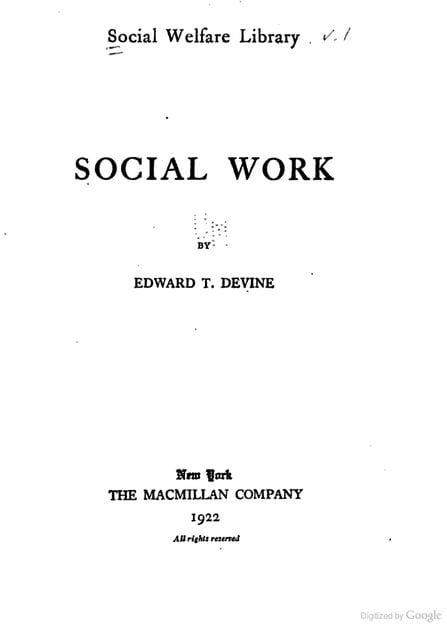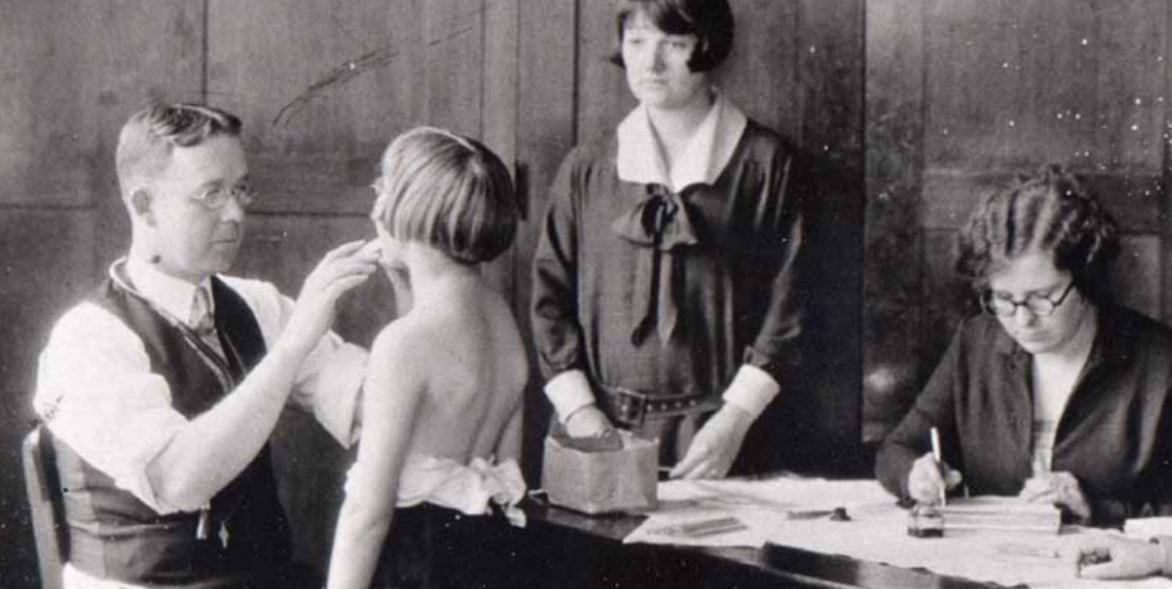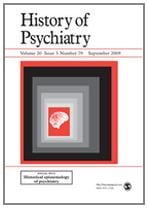History is typically presented as historiography, where historians communicate via the written word. However, some historians have suggested alternative formats for communicating and thinking about historical information. One such format is known as historiophoty, which involves using a variety of visual images to represent history. The current article proposes that a particular type of graph, known as a Gantt chart, is well suited for conducting historiophoty.
Battling demons with medical authority: werewolves, physicians and rationalization
Rural migration in Korea: a transition to the modern era
Disease Class and Social Change: Tuberculosis in Folkestone and Sandgate 1880-1930

This book is a detailed history of the treatment of tuberculosis in Folkestone and its suburb Sandgate during the late nineteenth and early twentieth centuries, roughly up to the mid 1930s. It describes the development of Folkestone in the nineteenth century as a fashionable seaside resort becoming more accessible due to the development of the railway.
A child of the empire: British sociology and colonialism, 1940s–1960s
The theoretical root of Karl Jaspers’ General Psychopathology. Part 2: The influence of Max Weber
Mental health issues of Maria I of Portugal and her sisters: the contributions of the Willis family to the development of psychiatry
Poor Relief in England 1350–1600
Unequal desires: race and erotic capital in the stripping industry
The Bavarian royal drama of 1886 and the misuse of psychiatry: new results
The deaths of King Ludwig II of Bavaria and Bernhard von Gudden, Professor of Psychiatry in Munich, in Lake Starnberg near Munich on 13 June 1886 have often been mentioned in the psychiatric-historical literature and in fiction. Von Gudden had written a psychiatric assessment of the King, rating him permanently mentally ill and incapable of reigning.
The social sciences, philosophy, and the cultural turn in the 1930s USDA
One of the more unusual attempts by the American state to mobilize academic expertise unfolded in the late 1930s, when the United States Department of Agriculture (USDA) hired scholars in the “culture and personality” fields and philosophy to aid its efforts to promote economic, social, and cultural change in the countryside.
Maggie Thatcher, Milk Snatcher
Russell Brand, a young comedian and actor who was born the year Thatcher became leader of her party, testifies to the effect she had on him as he was growing up in the 1980s, as he worries about his “inability to ascertain where my own selfishness ends and her neo-liberal inculcation begins. All of us that grew up under Thatcher were taught that it is good to be selfish, that other people’s pain is in fact a weakness and suffering is deserved and shameful.”
The Testing of Sanocrysin: Science, Profit, and Innovation in Clinical Trial Design, 1926-31
This article provides a detailed analysis of the origins and significance of the 1926 clinical trial of Sanocrysin, a gold compound thought at the time to be useful in the treatment of tuberculosis. This experiment is generally considered to be the first clinical trial in the United States that used a formal system of randomization to divide research subjects into treatment and nontreatment groups; it was probably also the first clinical trial in the United States to use placebo shams in a nontreatment control group to overcome the problem of what researchers at the time called “psychic influence.”
Save Your Child From Autocracy and Poverty
Lotions, Potions, Pills, and Magic: Health Care in Early America

Many histories chronicle American medicine’s transformation from its chaotic and disorganized beginnings into “scientific medicine” in the late nineteenth and twentieth centuries.1 By synthesizing secondary sources in a tightly packed two hundred pages, Elaine Breslaw resists retelling this triumphalist narrative and instead focuses much needed attention on medicine and health in America before the Civil War.
Psychiatric nurse C. Chisholm comforting patient (c.1955)
Profiles of international archives: Les archives Jean Piaget, University of Geneva, Switzerland.
Psychodynamics in child psychiatry in Sweden, 1945-85: from political vision to treatment ideology
Equal Justice for All, Welfare Rights Group, Saskatoon, Saskatchewan
 Harris/Library and Archives Canada/1992-483-3
Harris/Library and Archives Canada/1992-483-3
Equal Justice for All (EJA) was started in 1985 by a group of people who were very concerned with the fact that low-income citizens did not always receive fair treatment under the laws and regulations from the organizations set up to serve them.
Wilbur J. Cohen – Government Official, Educator, Social Welfare Expert
Eros and ironic intoxication: Profound longing, madness and discipleship in Plato’s Symposium and in modern life
The Inevitable Hour: A History of Caring for Dying Patients in America

While many Americans in the nineteenth century accepted death as a common and inevitable part of life, the experience and meaning of dying changed between 1880 and 1965 as the growing prestige of medicine led both patients and doctors to reject the inevitability of death and to emphasize the fight for recovery instead.
From movement to organization: constructing identity in Swedish trade unions
This study argues that re-formation of working-class identity was crucial for the construction of a cohesive labour movement in Sweden. Analysis of the materials used in trade union study circles in the 1920s and 1930s reveals that the organizational identity constructed by the leadership was closely linked to the organization as a phenomenon rather than to the class structure on which it was based.
When is the State’s Gaze Focused? British Royal Commissions and the Bureaucratization of Conflict
Scholars have long documented changes in knowledge regimes and power relations characteristic of state-centric drives to pacify conflicts and govern populations. But the mechanisms through which social conflicts are “made legible” in routine policy processes – as well as the reasons why some ongoing conflicts are pacified and others are persistent – have remained less clear.
Female serial killers in the early modern age? Recurrent infanticide in Finland 1750–1896
Born Together—Reared Apart: The Landmark Minnesota Twin Study. Cambridge, MA: Harvard University Press, 2012. 410 pp. $49.95 (hardcover). ISBN-13: 978-0-691-01715-0.
Breadwinners: working women and economic independence, 1865–1920
Grassroots Memorials. The Politics of Memorializing Traumatic Death
The scandalous case of John Vassall: sexuality, spying and the Civil Service
Fifty years ago civil servant John Vassall was sentenced to 18 years’ imprisonment for espionage. Vassall was homosexual, and whilst working at the British Embassy in Moscow, was caught in a Soviet Secret Service ‘honeytrap’, and blackmailed into passing secrets to the Soviet Union, receiving payments for his efforts.
How Personality Became Treatable
The Social Welfare Library (1922)
Visiting Robbers Cave: A History of Psychology Roadtrip
American Sociology: History and Racially Gendered Classed Knowledge Reproduction
Medicine, Morality, and Political Culture: Legislation on Venereal Disease in Five Northern European Countries, c. 1870-c. 1995
Intergenerational transmission of young motherhood. Evidence from Sweden, 1986–2009
Access to marriage and reproduction among migrants in Antwerp and Stockholm. A longitudinal approach to processes of social inclusion and exclusion, 1846–1926
Domestic servants and diffusion of fertility control in Flanders, 1830–1930
This article uses a mixed method approach to analyse whether urban domestic service functioned as a diffusion channel in the fertility decline. The central hypothesis is that nineteenth century female, rural-born domestic servants were influenced by the reproductive habits of their middle and upper-class employers, who were vanguards in the adoption of family size limitation within marriage.
Father Charles E. Coughlin
The Social Evolution of the Term Half-Caste in Britain: The Paradox of its Use as Both Derogatory Racial Category and Self-Descriptor
Tracing marriages; legal requirements and actual practice, 1700-1836
Based upon studies of thousands of couples, this podcast explains how, when and where people in past centuries married. Family historians just starting out will find advice on where ‘missing’ marriages are most likely to be found, while those already well advanced in tracing their family tree will be able to interpret their discoveries to better understand whether their ancestors actions and choices made them exceptional or normal for their day.
William Richard Gowers, 1845-1915: Exploring the Victorian Brain

Among those physicians and scientists who pioneered the study of the nervous system and its diseases in Victorian Britain, few were as significant as William Richard Gowers (1845–1915). Although he is most famous for his two-volume Manuel of Nervous Diseases, his studies in spinal diseases and epilepsy still elicit the admiration of neurologists, psychiatrists, and medical psychologists today.
No (inter)sex please, we’re Olympians
Union voices: tactics and tensions in UK organizing
Social class and migration in two northeastern Japanese villages, 1716–1870
A History of The Commonwealth Fund’s Child Development and Preventive Care Program
The bones of the insane
The Sick Child in Early Modern England, 1580-1720

The myth of neglected sick children in the past was deconstructed during the last few decades by diverse authors of both medical and social history. Families saw children as worthwhile members, and assisted them in sickness and misery. Hannah Newton’s book The Sick Child in Early Modern England stands in this tradition. But she achieves more than to affirm the results of earlier research.
The Last Refuge of the Scoundrel: Debating between History and Theory
Red Cottages and Swedish Virtues: Swedish Institutional Drug Treatment as an Ideological Project 1968-1981
Hospital for Insane, Northampton
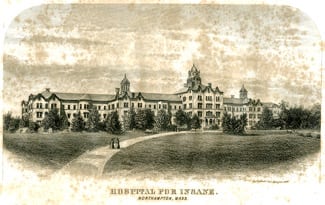 W.B. Gay/Gazetteer of Hampshire County, Mass. | UMass Amherst Libraries
W.B. Gay/Gazetteer of Hampshire County, Mass. | UMass Amherst Libraries
The Northampton State Hospital was opened in 1858 to provide moral therapy to the “insane,” and under the superintendency of Pliny Earle, became one of the best known asylums in New England. Before the turn of the century, however, the Hospital declined, facing the problems of overcrowding, poor sanitation, and inadequate funding. The push for psychiatric deinstitutionalization in the 1960s and 1970s resulted in a steady reduction of the patient population, the last eleven of whom left Northampton State in 1993.



